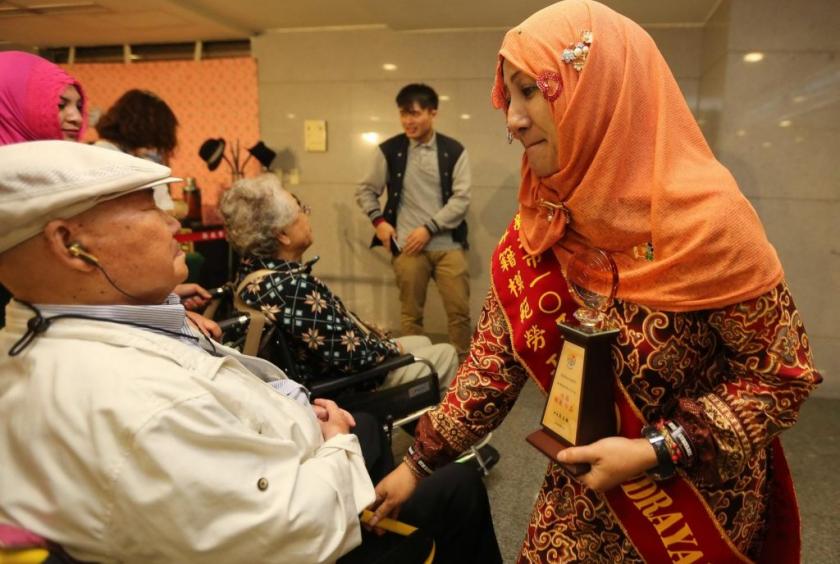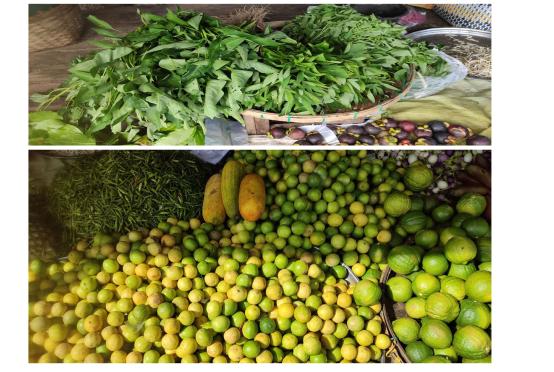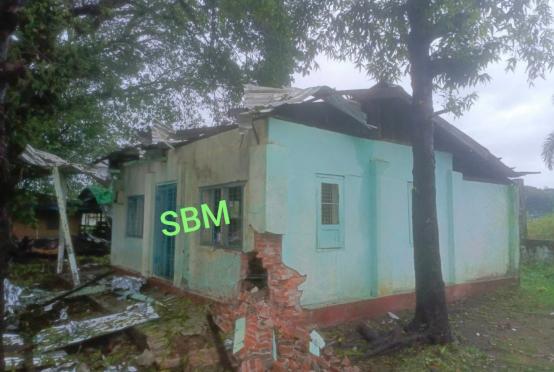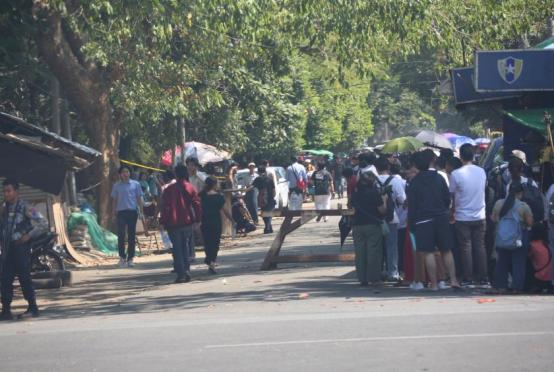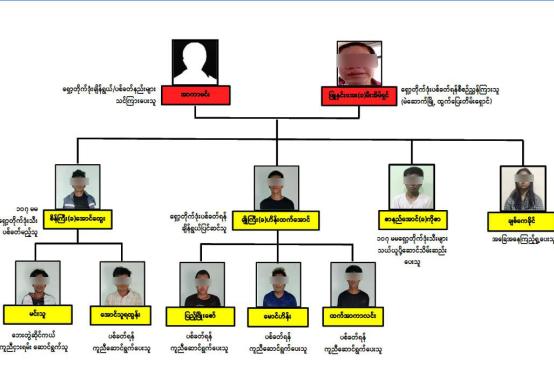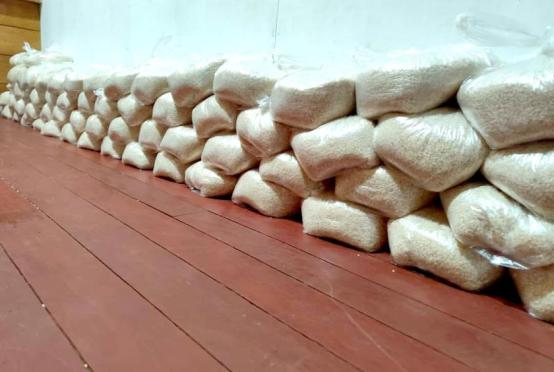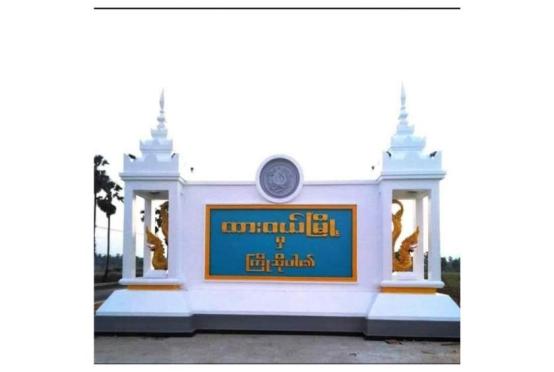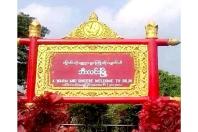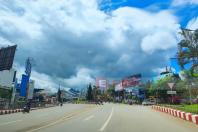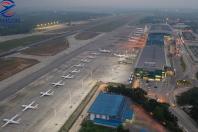TAIPEI (CNA) — Taiwan’s government has decided to change its formal description of blue-collar foreign workers from “foreign worker” (外勞) to “migrant worker” (移工) to promote a friendlier, more respectful society, a Ministry of the Interior (MOI) official said on May 3.
Interior Minister Hsu Kuo-yung (徐國勇) said at a simple ceremony in Taoyuan on Friday that the National Immigration Agency (NIA) decided to make the change out of respect and support for migrant workers.
The new description will appear in the “Purpose of Residence” field shown on the alien resident certificates (ARC) of migrant workers, and Hsu handed new ARCs with the new term to several migrant workers during a visit to an I-Mei Foods Co. factory in Nankan.
While at the factory, Hsu thanked migrant workers from the Philippines, Vietnam, Indonesia and Thailand for their contributions to government infrastructure projects and Taiwan’s aged society.
In Taiwan, some people view the Chinese term “Wailao” (外勞), or “foreign laborer” in English, as condescending, while the term “Yikong” (移工), or “migrant worker,” is seen as more neutral.
Lan Pei-chia (藍佩嘉), a professor of sociology at National Taiwan University, said in an article “Racial Discrimination Rhetoric” (種族歧視修辭學) published in 2005 that “foreign laborer” is a term associated with racial discrimination and classism.
Taiwanese use the term to describe workers from “lowly developed” Southeast Asian countries while calling white collar workers from Western and other advanced countries like Japan the more respectful “foreign persons” (外籍人士), Lan wrote.
Hsu hoped the NIA initiative would encourage people to use friendlier language when referring to expatriates working in Taiwan and to create a more respectful and accommodating atmosphere for them.
According to NIA data, there are more than 700,000 migrant workers currently in Taiwan, with 110,000 of them employed in Taoyuan, making this industrial city the biggest employer.
Meanwhile, all old ARCs, which have a validity of up to three years, will be gradually replaced with the new version when they expire, said the NIA, which is an agency under the MOI.

